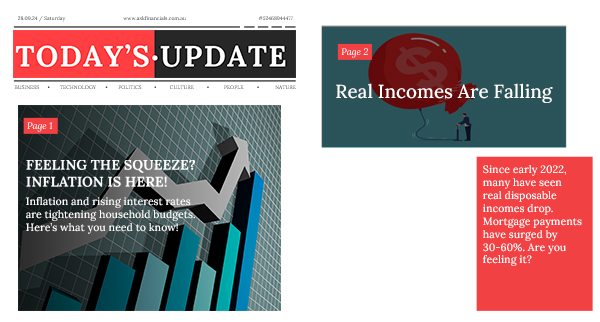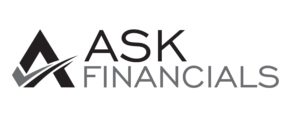The Reserve Bank has reported that household budgets have been significantly impacted by high inflation and rising interest rates, resulting in substantial decreases in real disposable incomes (measured after tax, interest, and adjusted for inflation) since early 2022.
Since the initial rise in cash rates in May 2022, many mortgage holders have experienced an increase in their payback amounts of between 30 and 60%.
Even while real earnings have somewhat stabilised to levels seen before the epidemic, families are nevertheless greatly impacted by continued cost of living pressures, with many turning to community groups for support for the first time.
More people are stressed about their mortgages.
More and more homeowners are having trouble making their mortgage payments. Since late 2022, loan debts have been slowly rising.
People who have high loan-to-value or loan-to-income rates are most likely to fall behind when the economy gets bad and they don’t have much saved.
On the other hand, defaults have gone up less for first-time buyers and people with low-rate loans, even though they are moving to higher rates.
The risks to financial security are still under control.
Even though debts are going up, the total risk to financial security is low. Not even 1% of home loan amounts are more than 90 days past due.
Lenders have been aggressive, setting up emergency plans early on to help borrowers who are having a hard time make changes and keep paying back their loans.
Since 2022, the number of hardship letters has gone up, but only a small portion of loan amounts are affected. Most borrowers are still able to make their payments.
Negative equity is still not common.
Not many loans that are past due are in negative equity, which means that the loan amount is more than the property’s selling value. This happens in about 0.5% of cases of debt, and the total risks of failure and negative equity are still very low.
RBA said that some people who were having money problems have chosen to sell their homes to avoid defaulting on their loans and have often paid them off in full.
Borrowers who are at risk and cash flow problems.
Some borrowers are really struggling with their budgets because their basic costs and mortgage payments are higher than their incomes.
There are a lot of people in this group who have had to make tough financial changes, like using their savings, selling assets, or working extra hours.
Even with these problems, very few of these people are in negative equity.
Predicted to handle bills for the most part.
The majority of debtors are able to keep up with their debt payments even when faced with persistent financial difficulties.
Some are using their savings, but most are keeping their mortgage buffers, and borrowers with high incomes still have a lot of money set up for prepayment.
The Reserve Bank of Australia (RBA) predicted that tax cuts and falling inflation would alleviate family budget constraints in the second half of 2024, which might lead to a smaller proportion of borrowers experiencing cash flow problems by 2026.
Prospective financial situations and hazards.
Uncertainty persists over the state of the economy, which poses risks to family finances due to variables such as inflation, interest rates, and unemployment.
The vast majority of borrowers, nevertheless, will probably be able to weather any storm.
Banks are able to weather economic storms with relative ease because of their robust equity holdings and safe lending practices.
Prudent borrowing is crucial for long-term sustainability.
Responsible borrowing and lending habits will determine the long-term financial security of households.
The RBA warned that a wider economic disruption may erode family equity and financial stability unless credit markets remain disciplined, despite the fact that historically low interest rates have contributed to higher debt levels.
Dealing With Financial Stress? Let ASK Financials Assist You!
Dealing with your mortgage payments has become more difficult due to increasing inflation and interest rates. With so many families struggling, it’s more crucial than ever to know what your alternatives are. If you are going through a hard patch financially, the experts at ASK Financials can help you navigate it with personalised guidance. If you’re having trouble making your loan payments, are concerned about negative equity, or just need some guidance in making good financial choices, we’re here to assist.
Contact ASK Financials now for a no-obligation consultation—don’t put it off any longer! Take charge, relax, and save for the future with our assistance.
| Call Us: 0433 944 055 |
| Book a Free Chat: https://tinyurl.com/askfinancials/ |


